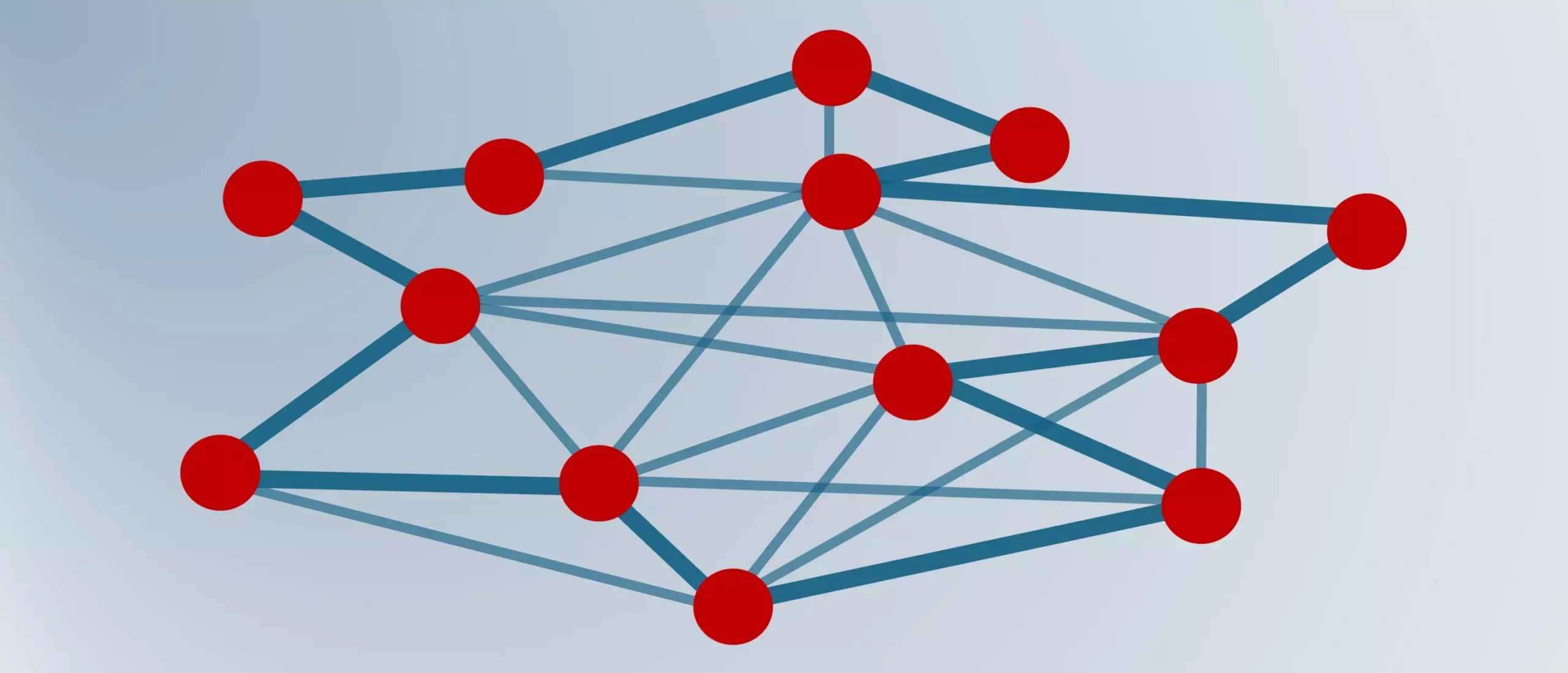Combinatorial optimization problems have long been a challenge for conventional computing methods due to their complexity and the exponential growth of computation time as the size of the problem increases. The traveling salesman problem, in particular, is a classic example that illustrates this issue. In this problem, a salesman needs to find the shortest route to visit a number of cities before returning to his home town. While the problem may seem simple at first, it quickly becomes computationally intensive as the number of cities increases. This is where quantum computing comes into play.
Quantum Computing and Qubits
Quantum computers operate using qubits, which are not limited to binary values of zero or one like traditional computers. Instead, qubits can exist in a superposition of states, allowing them to represent a range of values simultaneously. This feature enables quantum computers to perform calculations much faster and more efficiently for certain types of problems, such as combinatorial optimization.
A team led by theoretical physicist Prof. Dr. Jens Eisert from Freie Universität Berlin and HZB has recently made groundbreaking progress in utilizing quantum computers to solve combinatorial optimization problems more effectively. Their research, published in the journal Science Advances, demonstrates how a specific class of optimization problems can be solved better and faster with quantum computers than with conventional methods.
Rather than focusing on the physical implementation of quantum computers, Eisert and his team took a theoretical approach to explore the capabilities of quantum computing for solving combinatorial optimization problems. By using analytical methods and advanced algorithms, they were able to show that quantum computers have a fundamental advantage over classical computers for certain instances of the traveling salesman problem and similar optimization challenges.
The implications of this research are significant, especially for industries that rely on optimization for efficient decision-making, such as logistics, transportation, and resource management. By demonstrating that quantum computers can provide qualitatively better solutions in a more efficient manner for specific classes of optimization problems, Prof. Dr. Jens Eisert and his team have paved the way for future advancements in the field of combinatorial optimization.
The study conducted by Prof. Dr. Jens Eisert and his team showcases the potential of quantum computing to revolutionize the way we approach complex optimization problems. By harnessing the power of qubits and analytical methods, quantum computers offer a new paradigm for solving combinatorial optimization problems with unprecedented speed and efficiency. The findings presented in their research open up possibilities for further exploration and development in this exciting area of quantum computing.


Leave a Reply